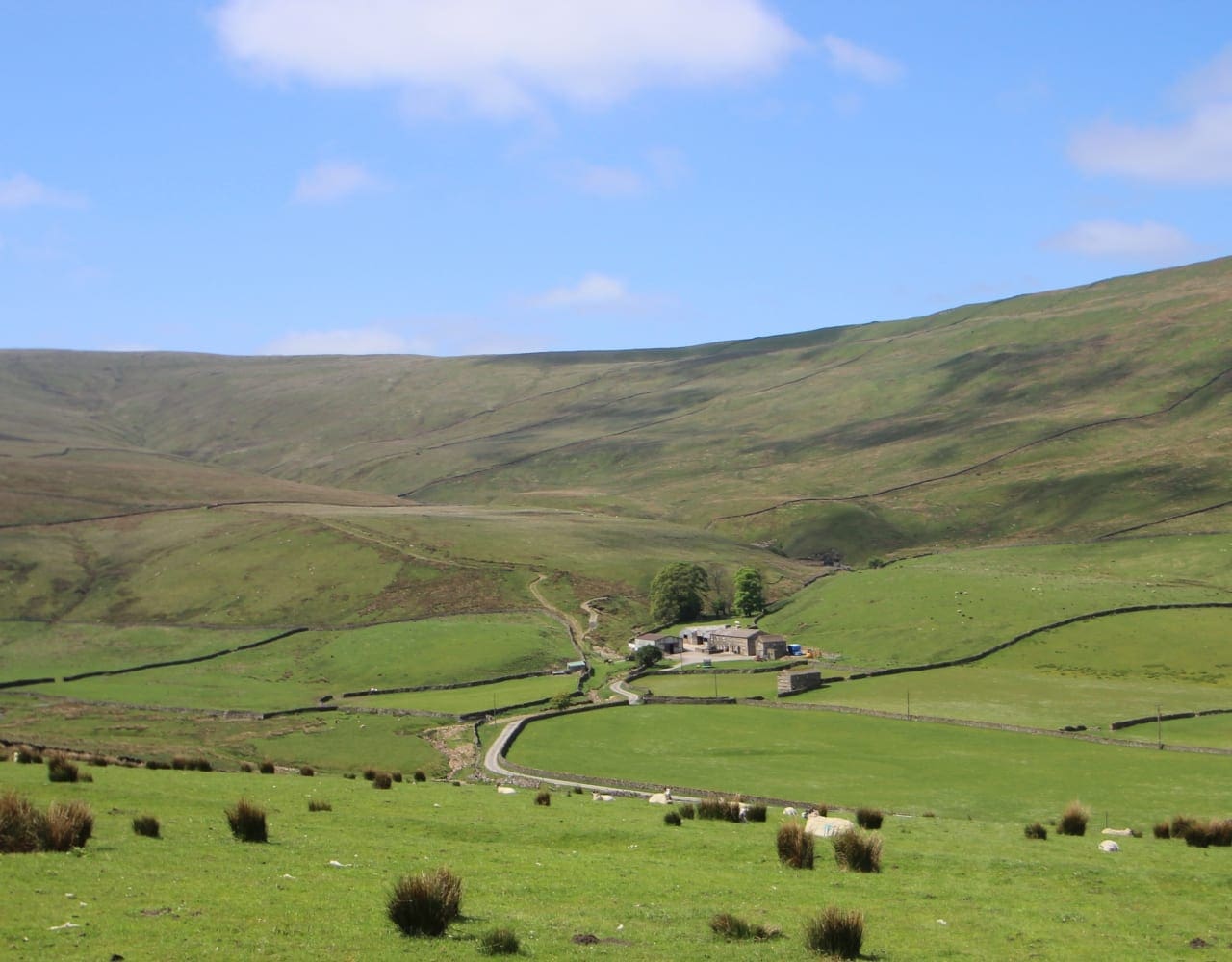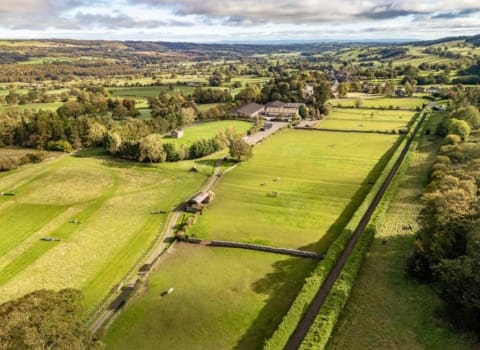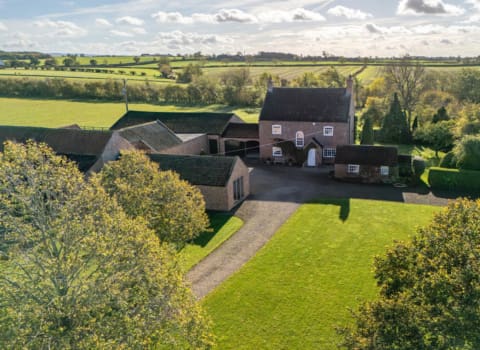Contact our offices
Main office
COLBURN
5 & 6 BAILEY COURT
COLBURN BUSINESS PARK
RICHMOND
NORTH YORKSHIRE
DL9 4QL
Estate Agency Offices are located in
BARNARD CASTLE, BOROUGHBRIDGE & RICHMOND
Residential Management Team
Our Offices
- Alnwick
01665 568310
Email Officealnwick@gscgrays.co.uk - Barnard Castle
01833 637000
Email Officebarnardcastle@gscgrays.co.uk - Boroughbridge
01423 590500
Email Officeboroughbridge@gscgrays.co.uk - Chester-Le-Street
0191 3039540
Email Officechester-le-street@gscgrays.co.uk - Colburn
01748 897630
Email Officecolburn@gscgrays.co.uk - Driffield
01377 337180
Email Officedriffield@gscgrays.co.uk - Hamsterley
01388 487000
Email Officehamsterley@gscgrays.co.uk - Hexham
01434 611565
Email Officehexham@gscgrays.co.uk - Kirkby Lonsdale
01524 880320
Email Officekirkbylonsdale@gscgrays.co.uk - Penrith
01768 597005
Email Officepenrith@gscgrays.co.uk

Are You Thinking About That Once In A Lifetime Decision?
With low commodity prices, delayed BPS payments, cash flow issues, an ageing farm population (average age 58 years), no future successors in some instances and record bank borrowings within the farming sector (over £17 billion) it is not surprising that some landowners and farmers are reviewing their options and considering cashing in whilst farm/land values remain buoyant and there is a lack of land on the market.
In contemplating a farm sale there is a lot to consider not least your future residence, occupation, lifestyle, income/retirement fund as well as tax liabilities. However, if after all the deliberation a sale is deemed to be the appropriate course of action the following points will need consideration to ensure the best possible outcome and value is achieved.
1. Due Diligence
The first stage is to consult with your agent, solicitor, accountant and bank/lender if relevant to fully review the ownership/business structure, assets and liabilities. Ideally the title to the farm/land should be registered with the Land Registry as this will help avoid possible complications and protracted legal delays. Any issues such as title restrictions, licences, covenants, agreements, conditions and tenancies will need to be investigated and addressed at the outset.
A report on title and a legal information pack with contract enquiries/searches are integral to the sales process and should greatly assist in expediting matters and should ideally be prepared in conjunction with the sales brochure, farm plan and a schedule of acreage.
Consideration should also be given at this stage to any reservations/covenants, holdover provisions, development clawbacks etc, that will be imposed as a condition of sale.
2. Taxation
Generally farms/farm land will either qualify for Agricultural Property Relief or Business Property Relief from Inheritance Tax at either 100% or 50%, depending on how the land is specifically occupied/held. The potential loss of this relief and a significant IHT liability should therefore be carefully considered.
Capital Gains Tax will be payable on disposal although this can be mitigated through indexation, capital allowances and reliefs. It is therefore imperative that accountancy/financial advice is obtained.
The use of roll-over relief allows funds from the sale of business assets to be re-invested into qualifying assets (1 year before disposal and 3 years after) and the tax deferred, whilst Entrepreneur’s Relief applies to qualifying business disposals and allows the first £10 million of capital gains from the disposal of a qualifying business asset to be taxed at a reduced rate of 10% as opposed to 20% or 28% subject to satisfying relevant criteria.
3. Whole or Part Disposal
The sale of the whole or part of the farm can have tax implications, as well as influencing the marketability and value of the holding. Consideration should be given to how the sale could impact on any retained land holdings.
In many instances, the prudent lotting of holdings can enhance their marketability and value by broadening their appeal to a wider range of purchasers. That said, there are instances where the value of the whole may exceed the aggregate value of the component parts, particularly where there is an element of significant marriage or synergistic value.
4. Sales Options
The most common method of sale is by private treaty but informal tender, formal tender and auction are other options available and each has its own merits.
Auctions can work very well if there is strong demand/competition for a property and a packed sale room can be expected, although private treaty sales with “best and final offers” can sometimes generate some significant values, as parties are bidding blindly and may unknowingly pay a premium.
Increasingly we are witnessing a number of parties electing to sell privately, particularly where there are confidentiality or sensitivity issues. In such instances premium prices are often achieved from neighbours/special purchasers or parties with roll-over funds to re-invest. However, without openly marketing a property there is no way of truly testing the market and ensuring best value is obtained.
5. Marketing
Marketing should ideally be undertaken in the Spring/Summer when the holding is looking at its best. Conventionally land is marketed in either in the Spring or late Summer (post harvest) although this is becoming increasingly less defined.
The BPS deadline of the 15th May each year does have some bearing on the land market.
As a Company we generally advertise in the local property press (Yorkshire Post, Darlington & Stockton Times, Newcastle Journal etc) as well as in the National press when appropriate including Farmers Weekly, Farmers Guardian & Country Life to ensure the maximum amount of coverage is obtained, as well as utilising various website portals including our own dedicated website (www.gscgrays.co.uk), Rightmove, UK Land & Farms and Onthemarket. The use of property features and editorials also provide a useful and free way of enhancing a property’s exposure.
Depending on the type of property and complexity of the sale the marketing period can typically vary between 4 to 10 weeks although the period of time to secure a sale can vary significantly.
6. Guide Price
The guide price will depend on the location, type and composition of the property and is instrumental to the sales strategy and ultimately achieving a successful sale. Some agents prefer to set a high guide price which can be negotiated, whilst others set a low guide price to increase interest and competition with a view to achieving a number of offers above guide. There are “pros and cons” to each approach and knowing the local market and potential buyers is key to this process.
7. Contracts
Hopefully a number of offers are received and a sale is agreed. Generally contracts are exchanged within 4 weeks of draft contracts being issued, with a 10% deposit payable and the balance on completion although this does depend on the particular type of property and the complexity of sale.
For further information and advice please contact:
[team-member name=”Guy Coggrave”]









